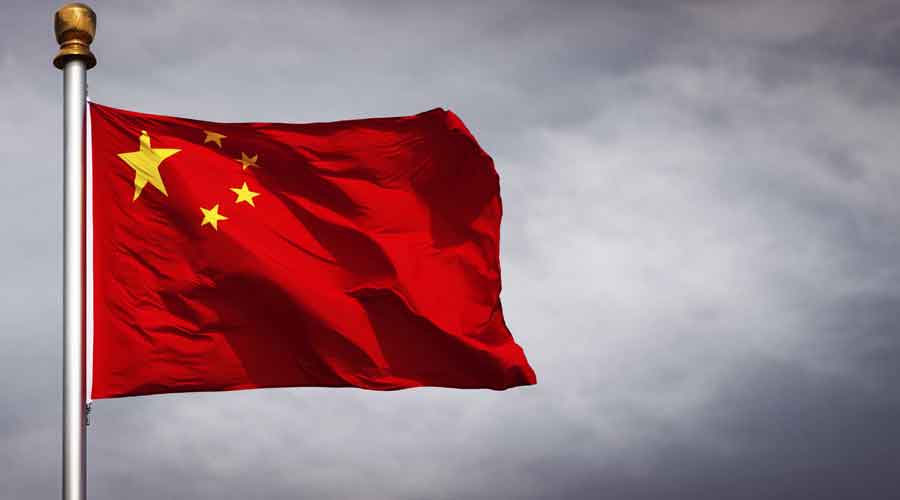From showing tourists around historic sights to plucking tea leaves — that is the destruction Covid-19 has wrought among sections of China’s workforce. With tourists reluctant to risk travel or forced to stay home owing to China’s zero-Covid policy — this includes entire cities being locked down — tour guides in picturesque Huangshan, home to jagged mountain peaks and odd-shaped granite rocks, have been left without a job. While some have started small businesses, others have joined factories. Despite tourist numbers last year reaching almost 80% of pre-Covid times, there is not enough work for Huangshan’s 4,000 tourist guides.
But the tea-plucking season has just begun in Huangshan, famous for its own brand of tea. Normally the 10,000-odd workers needed during this season come from outside, but with parts of China under lockdown, tea producers are desperately looking for replacements. The district administration has put out an advertisement offering a package of 170 yuan a day, accommodation, food and travel costs to and from the mountains where the tea is grown, to anyone who signs up for tea-picking. Given that the maximum wage per hour in Anhui province, where Huangshan is situated, is 20 yuan and the minimum 17, the deal cannot be laughed at, especially amidst Covid. The city tour guides’ association is therefore urging its members to take up the offer.
Strict lockdowns in some manufacturing hubs have forced small factories to shut shop. Workers are struggling to find jobs, especially since the construction industry has also slowed down. Sectors hit particularly hard are e-commerce, internet entertainment and tuitions. Lay-offs are expected at internet giants like Alibaba, JD.com and Tencent Holdings, while the tuition industry is reeling under new laws introduced last year, which ban tuitions after school hours in a bid to reduce students’ workload. While some tutoring firms have diversified into teaching sports or music on weekends, others have been forced to shut down. This has resulted in a high demand for teaching jobs in government schools. A 25-year-old travel agent, out of job during the pandemic, went abroad once Covid-19 abated to acquire a new degree. On her return, she found to her dismay that she had to compete with post-graduates from top universities such as Tsinghua for a government schoolteacher’s job.
Macau, too, is hit by the same malaise, although unlike mainland China, the government of this specially-administered region took exceptional care of its citizens in the first year of the pandemic, giving them generous allowances and forbidding lay-offs in the casinos which are the mainstay of its economy. But it has been two years since casinos have been running near-empty, with group visas for gamblers no longer being issued; VIP gambling rooms for high-end players have shut down too. Deng Bolin, who could buy a bigger home in Zhuhai, the mainland city adjoining Macau, thanks to his earnings in one of Macau’s bigger casinos, has had to change jobs. He’s been lucky to find a job in a hotel — as an ‘engineer’, a glorified term for a handyman who must look after maintenance, changing light bulbs and so on. Quite a comedown for someone who once worked as a VIP gambling hall supervisor and, before that, a driver of the plant director in a multinational. But Deng is not complaining: the job enables him to pay his son’s fees in one of Macau’s private schools.
The Chinese government is not blind to the crisis. The education ministry directed university heads to visit and invite 100 companies each to their campuses to provide jobs to the 10.76 million fresh graduates expected to enter the job market this year. Communist Party of China secretaries will guide this exercise, and university heads will be evaluated on their performance. That is serious.











